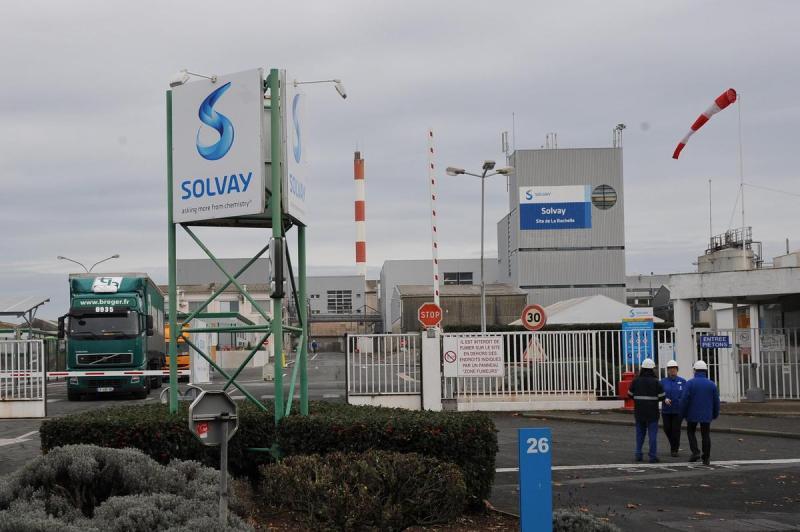Solvay to supply Europe with rare earth metals to reduce reliance on China

Belgian chemicals group Solvay aims to supply Europe with rare earth metals for permanent magnets used in EVs and wind turbines from its refurbished plant in France, to help the continent reduce reliance on China, the company said.
The group confirmed regular production at the plant in La Rochelle should start in early 2025 and said it aimed to meet 30% of Europe’s needs for permanent magnets by 2030.
It is the only facility in Europe able to process light and heavy rare earth materials at an industrial level.
Solvay supports a strategic shift for Europe to start producing permanent magnets instead of importing them from China, group CEO Philippe Kehren told Reuters during a call, adding that, in Europe, demand was expected to triple by 2035.
“The goal is to supply all of Europe with rare earth metals made in La Rochelle,” he said.
Solvay confirmed discussions with Europe’s main car manufacturers and turbine makers to secure support from the entire value chain.
The company is also in advanced discussions with the French government for support, Kehren said, without elaborating.
Under a new EU law which came into force in May, the bloc aims to secure its self sufficiency for vital materials that are currently dominated by supplies from China. It has set targets to mine 10% of its annual critical minerals needs, to recycle 25% and process 40% domestically by the end of the decade.
It has also said that no more than 65% of rare earth supplies should be provided by one country. China is currently estimated to supply around 95% of the EU’s rare earth needs.
Kehren said Solvay should benefit from this drive.
The company said it aimed to source 30% of materials for its La Rochelle plant locally, through recycling of end-of-life rare earth metals from motors in Europe, instead of sending them back to China.
The venture benefits from the existing La Rochelle factory, while a similar ongoing project in the US includes the construction of a new plant.
(By Leo Marchandon and Alban Kacher; Editing by Louise Heavens, Mark Potter and Emelia Sithole-Matarise)
{{ commodity.name }}
{{ post.title }}
{{ post.date }}




Comments